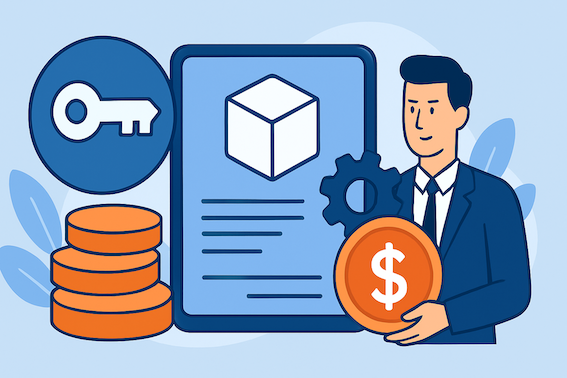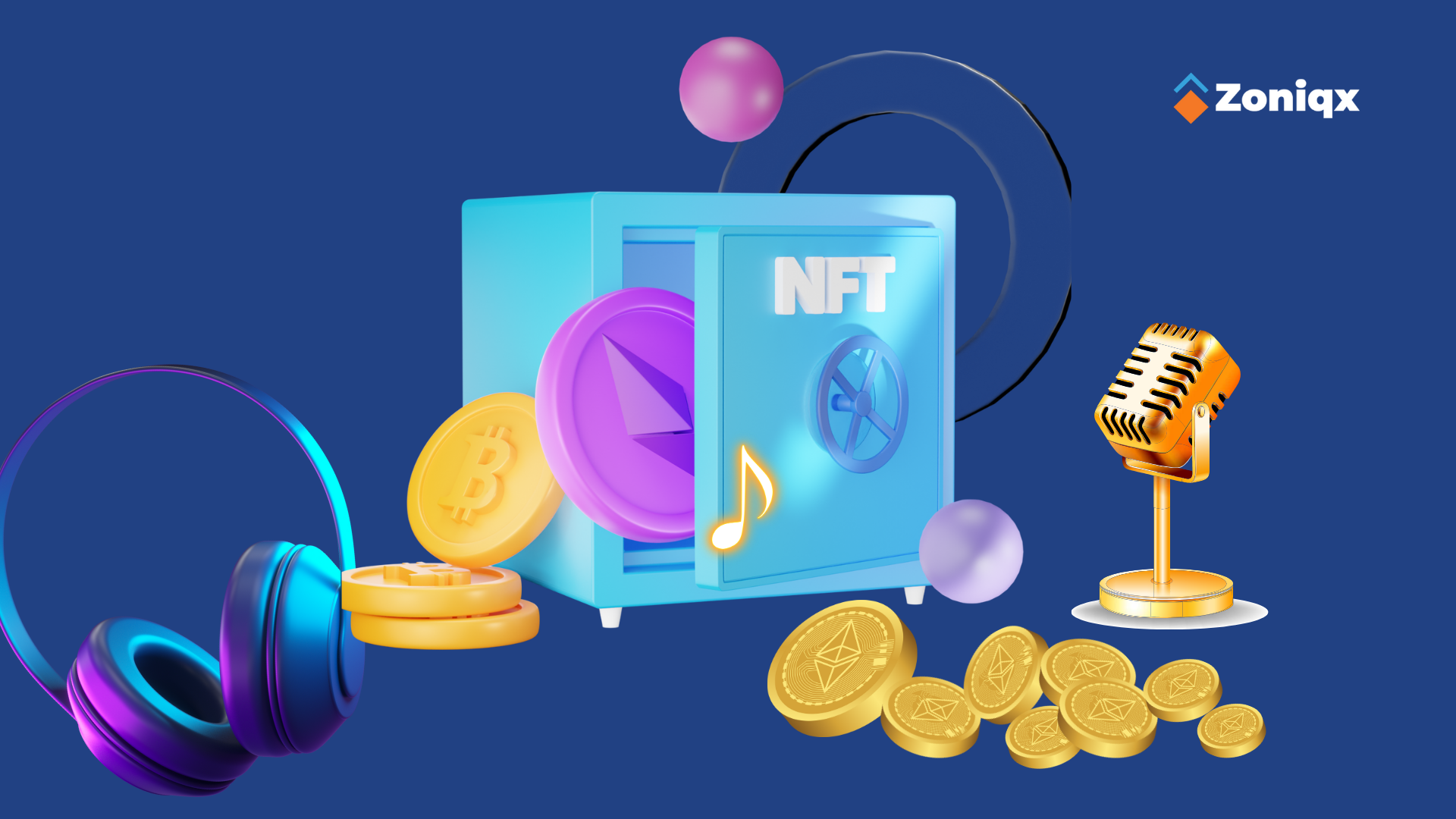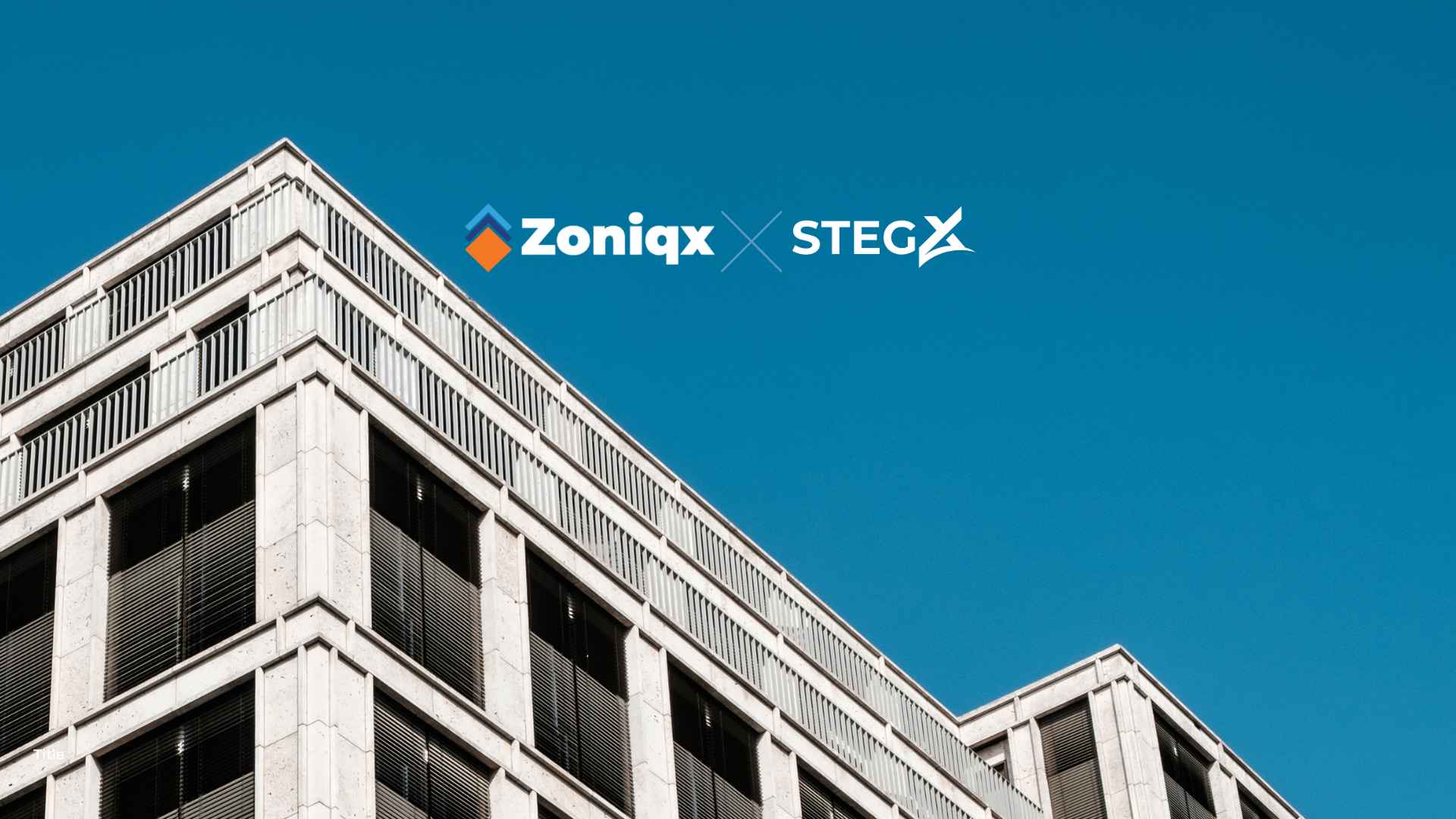Understanding the Risks and Rewards of Tokenized Investments
1. Introduction
In today’s rapidly evolving financial landscape, tokenized investments are emerging as a game-changer. At their core, tokenized investments involve converting ownership rights in real-world assets—such as real estate, private equity, or fine art—into digital tokens that are issued, stored, and traded on a blockchain. Tokens represent an interest in the underlying asset, providing a more convenient, efficient, and transparent investing experience.
This transformation is picking up speed for a very good reason. Traditional channels of investment are characterized by high entry barriers, low liquidity, and slow and costly processes. Tokenization overcomes these inefficiencies by providing fractional ownership, 24/7 trading, and settlement at a quicker rate, while leveraging the security and transparency of blockchain technology. Investors and asset managers alike are therefore increasingly eyeing tokenized assets as a way of diversifying portfolios, unlocking trapped value, and gaining access to global markets with ease like never before.
But, as with any financial innovation, there is a balance to be struck between the potential and the risk. This article examines both the advantages and the disadvantages of tokenized investments, providing you with the information you need to make informed decisions in this emerging field.
2. The Rewards of Tokenized Investments
Enhanced Liquidity
Assets like real estate or art are notoriously illiquid—selling an asset can take weeks, months, or years. Tokenization solves that problem by creating fractional ownership and making it possible to trade on digital marketplaces. It allows investors to quickly buy or sell a portion of an asset to unlock liquidity.
Fractional Ownership and Accessibility
Tokenization breaks up high-value assets into smaller, more manageable, and affordable units. This opens the door for a broader range of investors to invest in asset classes historically owned by ultra-high-net-worth individuals or institutions. For example, a piece of real estate worth $1 million that can be divided into 1,000 tokens, each with a $1,000 value creates more affordable entry points and democratized opportunities.
Reduced Transaction Costs
By automating processes via smart contracts and eliminating agents like brokers or notaries, tokenized transactions reduce administrative costs and fees. Not only does this accelerate the investment process, but it also makes processes less costly for all parties concerned.
24/7 Market Access
Unlike traditional financial markets that operate within set hours and jurisdictions, blockchain-based platforms allow investors to trade tokens at any time, from anywhere in the world. This round-the-clock availability enhances market efficiency and convenience, especially in a globalized investment ecosystem.
Transparency and Security through Blockchain
Every transaction regarding a tokenized asset is recorded on the blockchain—an immutable, tamper proof digital ledger. This yields end-to-end tracing, reduces fraud, and fosters trust among stakeholders. Owners are able to verify ownership, see transaction history, and monitor asset performance in real-time.
3. The Risks Involved in Tokenized Investments
While the benefits are compelling, tokenized investments come with a distinct set of risks. Understanding these is crucial for making informed, responsible decisions.
Regulatory Uncertainty
The regulatory environment of tokenized assets is still evolving—and varies substantially by jurisdiction. Questions about whether tokens are or are not securities, what tax status they should have, and how much compliance is mandated can create legal uncertainty for issuers and investors alike. Regulations can shift a tokenized asset's value or tradability overnight.
Smart Contract Vulnerabilities
Smart contracts do automate transaction execution, but are only as strong as the programming. A poorly written or inadequately tested smart contract can have hidden bugs or backdoors that can be exploited by hackers—resulting in loss of funds or malicious transmissions. Without adequate auditing and monitoring, smart contracts can also be a point of failure.
Market Volatility
While the underlying assets themselves can be safe (e.g., property or bonds), the tokens may be susceptible to market price fluctuations and speculation—especially in less regulated exchanges. This price volatility can impact investor sentiment and asset performance, particularly during periods of early adoption.
Custodial and Technical Risks
It is the investors' duty to secure and retain control over their digital wallets and private keys. Loss of credentials means total investment loss. Further, platform attacks, server shut-offs, or hacking can jeopardize the tokens in cases where strict defensive measures are missing.
Lack of Investor Awareness and Education
Tokenization remains a novel concept to the majority. A lack of understanding of how tokenized assets work, what rights the tokens represent, and how to measure risk can lead to uninformed investment decisions. Education and transparency are essential to enabling investors in this new financial paradigm.
4. Balancing Risk and Reward
Tokenized investments hold tremendous promise—but realizing their full potential requires a thoughtful, risk-aware approach. Here’s how investors can navigate this space prudently:
Conduct Thorough Due Diligence
Before investing, understand the underlying asset being tokenized. What is its real-world value? Who owns and manages it? What rights does the token grant—ownership, dividends, governance? Clarity on these fundamentals helps investors distinguish between high-quality opportunities and speculative offerings.
Choose Reputable Platforms
Not all tokenization platforms are created equal. Look for providers that offer robust security, regulatory compliance, transparent asset documentation, and third-party audits. Trusted platforms like Zoniqx ensure that token issuance, custody, and trading are secure and legally sound.
Diversify Your Portfolio
Similar to conventional investing, risk is minimized through diversification. Consider investing your capital into different asset classes (e.g., real estate, debt instruments, commodities) and geographies. Tokenization makes this easier by minimizing the amount of capital required to gain exposure to diversified assets.
Monitor Regulatory Developments
Stay informed about the legal frameworks governing digital assets in your jurisdiction. Regulatory clarity is increasing over time, and being ahead of these developments can help you seize new opportunities—or avoid costly compliance missteps.
Invest What You Can Afford to Lose
Given the early-stage nature of tokenized investments, it's safer to start cautiously. Invest just a small part of your investment capital in tokenized assets—especially in markets or platforms that are yet to gain trust and liquidity.
5. Conclusion
Tokenized investments are reshaping how we think about asset ownership, access, and efficiency. They offer undeniable rewards—greater liquidity, transparency, and inclusivity—but also come with real risks that demand attention and due diligence. As this space continues to mature, informed investors who take a balanced, strategic approach will be best positioned to benefit from its long-term potential.
At Zoniqx, we’re committed to helping you navigate the evolving world of tokenized assets with confidence and clarity. Whether you're exploring your first tokenized investment or looking to scale your digital asset strategy, our team is here to guide you—securely and compliantly—every step of the way.
About Zoniqx
Institutional-Grade, Secure, and Future-Ready AI-Powered Multi-Chain Technology for Real-World Asset Tokenization
Zoniqx ("Zoh-nicks") is a global fintech leader headquartered in Silicon Valley, specializing in converting real-world assets into Security Tokens. Zoniqx leverages cutting-edge AI-driven multi-chain technology to enable seamless, secure, and regulatory-compliant RWA tokenization. Their platform integrates advanced compliance frameworks, supporting multiple regulatory structures and diverse asset classes.
With AI-powered automation, Zoniqx facilitates global liquidity and seamless DeFi² integration, enhancing accessibility and efficiency. Their interoperable architecture ensures smooth integration across multiple blockchains, while their robust suite of SDKs and APIs empowers developers with powerful tools for innovation. Zoniqx pioneers on-chain, fully automated RWA deployment on public, private, and hybrid chains.
To explore how Zoniqx can assist your organization in unlocking the potential of tokenized assets or to discuss potential partnerships and collaborations, please visit our contact page.



